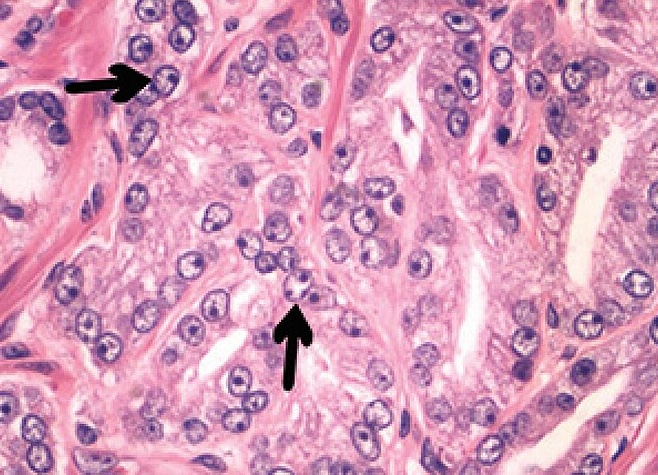Prostate cancer support groups are organized communities that provide emotional, informational, and social support to individuals who have been diagnosed with prostate cancer, as well as their families and caregivers. These groups aim to create a safe and understanding environment where people can share their experiences, concerns, and challenges related to prostate cancer.
Here are some of the benefits of joining a prostate cancer support group

Peer Support. Support groups typically consist of individuals who have firsthand experience with prostate cancer. Sharing experiences with others who have gone through similar situations can be immensely comforting and reassuring. Participants can offer emotional support, empathy, and understanding, as they can relate to the physical and emotional impact of the disease.
Information and Education. Support groups often provide educational resources, materials, and guest speakers who can share the latest information about prostate cancer treatment options, research advancements, and coping strategies. This helps participants stay informed about their condition and make more informed decisions regarding their healthcare.
Coping Strategies. Prostate cancer support groups offer practical advice and coping strategies to help participants manage the challenges associated with the disease. This can include dealing with side effects of treatments, addressing emotional well-being, managing relationships, and maintaining a healthy lifestyle. Learning from others who have successfully navigated these challenges can be invaluable. Also to avoid prostate Cancer myths which lead to false diagnosis.
Emotional Well-being. Prostate cancer can cause emotional distress, anxiety, and depression. Support groups provide a safe space for individuals to express their feelings, fears, and concerns openly. Sharing these emotions with others who understand can alleviate feelings of isolation and provide emotional support and encouragement.
Caregiver Support. Support groups often extend their services to caregivers, who play a vital role in supporting individuals with prostate cancer. Caregivers may face their own unique challenges, such as managing caregiving responsibilities, dealing with emotional strain, and finding support for themselves. Support groups can provide guidance, resources, and a platform for caregivers to share their experiences and seek assistance.
Community and Social Connections. Support groups foster a sense of community and belonging. Participants can build meaningful relationships, connect with others who have similar experiences, and form lasting friendships. This social support network can help reduce feelings of loneliness and provide a sense of belonging during the prostate cancer journey.
Support groups may be available both online and in-person, allowing individuals to choose the format that best suits their needs and preferences. Online groups offer the convenience of participating from anywhere, while in-person meetings provide face-to-face interaction.
To find prostate cancer support groups, you can reach out to local hospitals, cancer centers, or nonprofit organizations focused on cancer. Online resources such as cancer-focused websites and forums can also help you connect with virtual support groups. Healthcare professionals, such as oncologists or urologists, may also be able to provide recommendations or refer you to local support groups.
Conclusion
Joining a Prostate Cancer Support Group provides not only emotional strength but also practical guidance for patients and their families. Shared experiences can make the journey less overwhelming and more hopeful.
About Sparrow Search
Sparrow Search simplifies clinical trial recruitment by helping patients quickly and privately discover studies that match their clinical history and preferences no physician referral needed. Built for both patients and pharmaceutical partners, Sparrow speeds up enrollment and helps bring new treatments to market faster. Learn more at SparrowSearch.Health.



